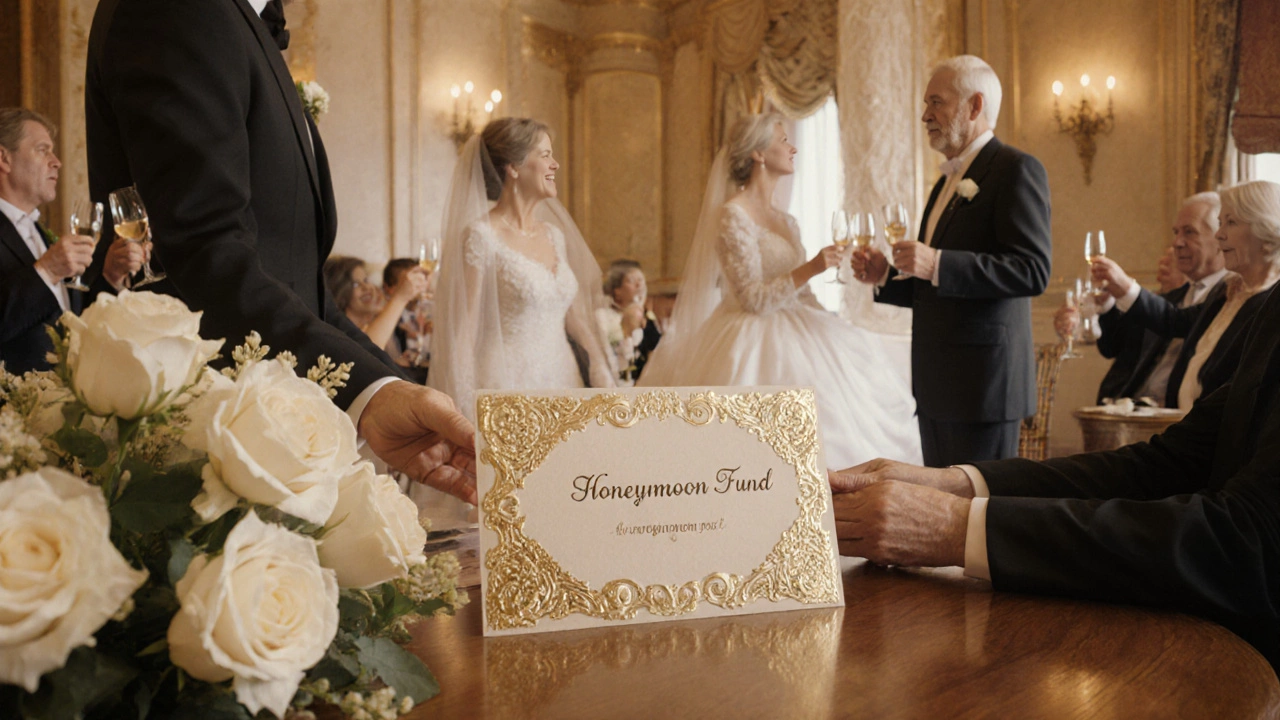Who Pays Honeymoon? Understanding Costs and Etiquette
When planning who pays honeymoon, the question of which party should cover the honeymoon expenses. Also known as honeymoon cost responsibility, it often sparks budget talks between couples, parents, and friends.
One of the first things to sort out is your honeymoon budget, the total amount set aside for travel, accommodation, meals and activities after the wedding. A clear budget lets you match dreams with reality and prevents surprise bills later. It also shapes who ends up paying, because a realistic budget reveals whether the couple can fund it alone or needs help from family.
Family contributions are a common piece of the puzzle. In many traditions, parents cover major wedding expenses and may extend that help to the honeymoon, especially if the couple’s post‑wedding cash flow is tight. Understanding the family contributions, the financial gifts or support provided by parents, grandparents or close relatives for wedding‑related costs helps set expectations early and avoids awkward thank‑you notes later.
Key Factors to Consider
Etiquette around gifting and paying also plays a role. gift etiquette, the set of unwritten rules that guide who gives what and when in wedding contexts suggests that anyone who covers a large portion of the wedding or honeymoon should receive a thoughtful thank‑you gift from the couple. Knowing this, couples can plan reciprocal gestures that honor the generosity without breaking the bank.
Understanding who pays honeymoon helps you avoid awkward conversations later. Below you’ll find articles that break down wedding cost responsibilities, show how to draft a sensible honeymoon budget, and give real‑world tips on navigating family contributions and gift etiquette. Dive in to see how other couples handle the money talk and get actionable ideas for your own planning journey.

- Oct, 16 2025
- Comments 0